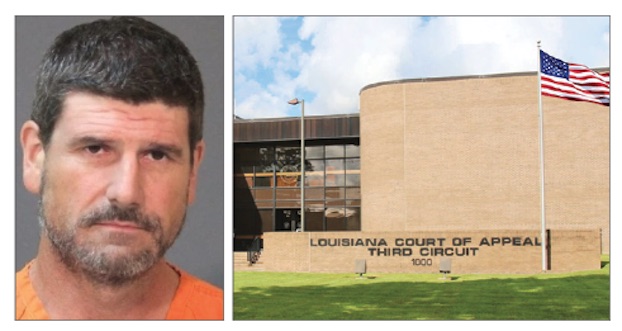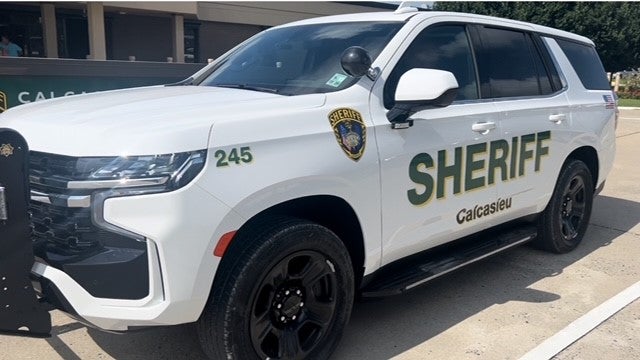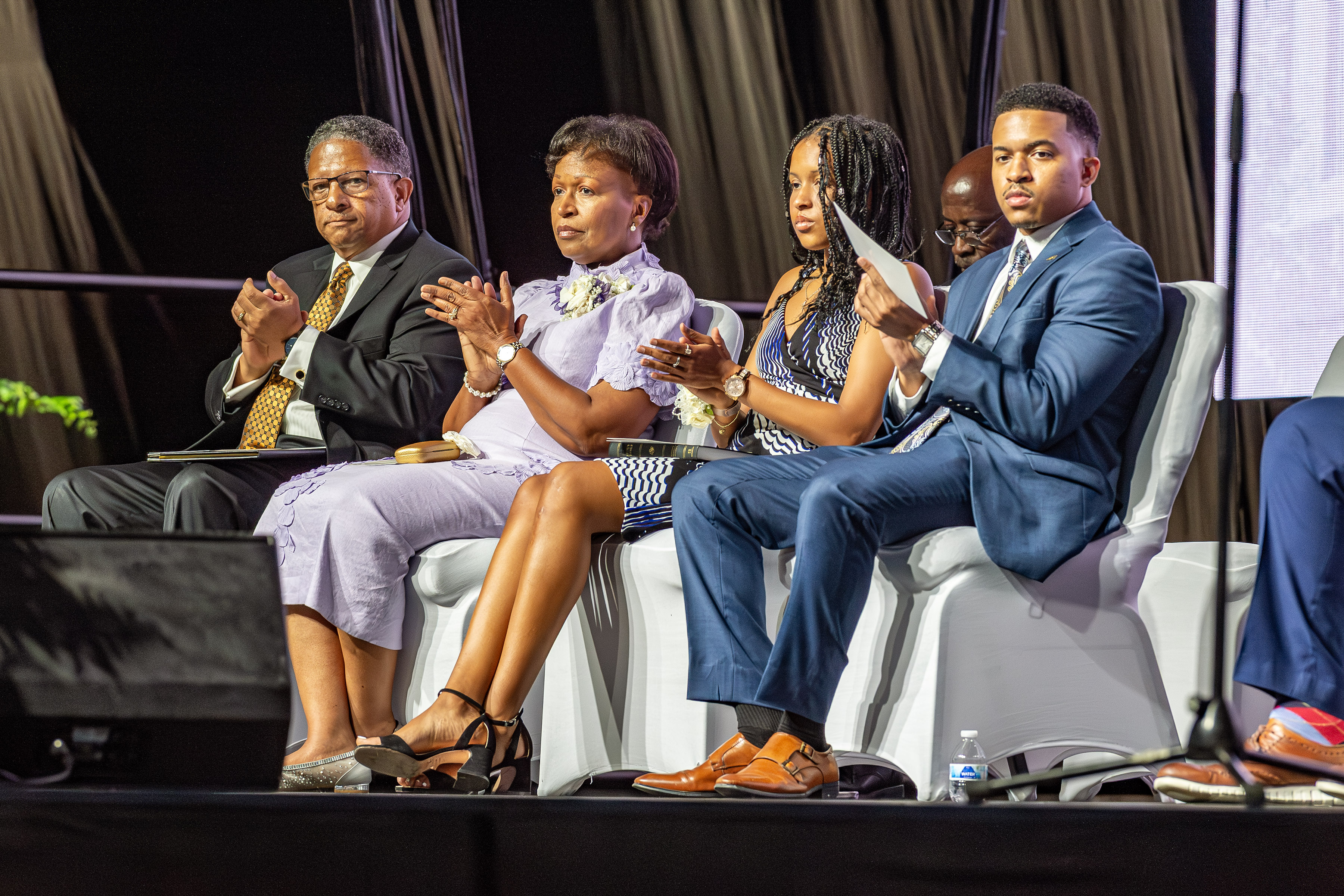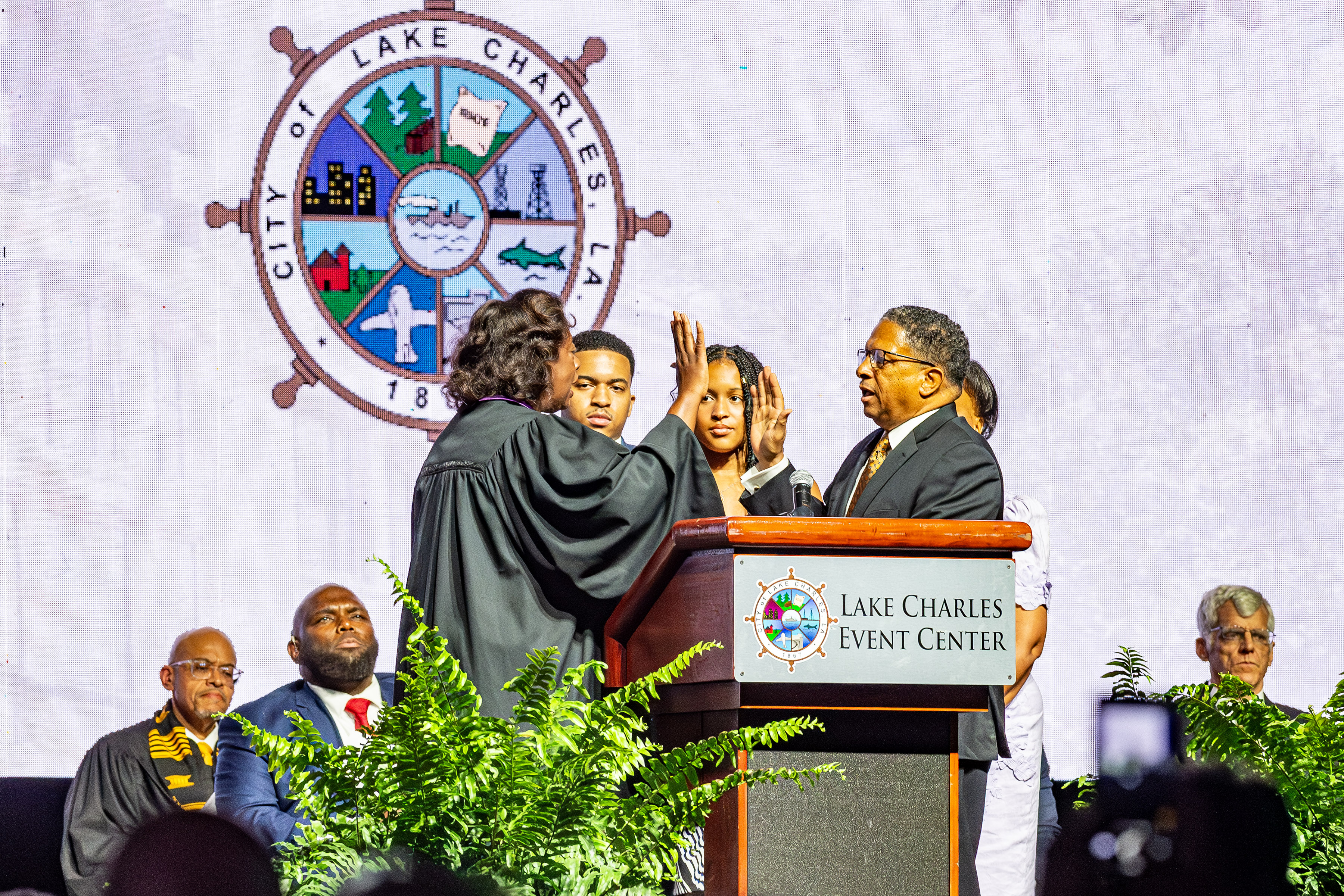Appeal denied for LC man who shot ex-fiancée in the head while driving
Published 5:08 pm Wednesday, May 3, 2023

- Michael Vice
A Lake Charles man convicted in the 2018 fatal shooting of his former fiancée while he was driving will continue to serve a life sentence for the crime.
Michael Edwin Vice shot Lori Estelle Tanner, 38, in the head on Aug. 1, 2018, during an argument while they were exiting Interstate 210 onto Lake Street. Vice was driving at the time and Tanner was his passenger.
Vice was found guilty of second-degree murder on Sept. 24, 2021, and was later sentenced to life in prison without benefit of parole, probation, or suspension of sentence.
Vice appealed his conviction, claiming he was denied a fundamentally fair trial by the admission of evidence and testimony that violated various evidentiary rules.
His first claim was that two witnesses — former Calcasieu Parish Coroner’s Office Investigator Charles Hunter and Lake Charles Police Officer Kristen Howell — were not included in the list of potential witnesses provided to the defense prior to the trial, which meant neither was placed under the rule of sequestration. Also, because the names weren’t on the list read to potential jurors during pre-trial, it wasn’t until after the jury was seated that a juror pointed out he was familiar with Hunter and his relatives. The 3rd Circuit Court of Appeal rejected this argument, stating the defense never exercised its right to strike the juror.
While the defense said it didn’t have a problem with Howell’s testimony — she is who recovered Tanner’s purse from the car — and that she was not a surprise witness, they did point out that she was the second witness the prosecution had not disclosed and asked the court to decide if there was any redress allowed under the law.
In the appeal, the defense also raised concerns as to the admissibility of a 911 call, a dispatch call, body camera footage, a crime scene video, text messages and a cell phone video. The issues raised include authentication, best evidence, hearsay, and the denial of a motion for mistrial. As for as the 911 call, dispatch call and body camera footage, the defense argued the recordings were not certified and that copies of those recordings — not the originals — were played for the jurors. The defense also argued that crime scene video presented during Hunter’s testimony was a shortened version of the actual video and that the trial court failed to properly perform its “gatekeeping function” when it failed to inquire about the availability of the original recording and conduct a balancing test before admitting the evidence. It was also argued the trial court did not include the defense in the decision regarding what was excluded from the video.
The appeals court rejected the argument, stating duplicates are admissible to the same extent as the original unless there is a general issue as to the authenticity of the original. It also found the defense did not object to the crime scene video on the basis that the video was redacted during the trial. “A new basis for an objection cannot be raised for the first time on appeal,” the court ruled. “Additionally, the defense did not object to the 911 and dispatch calls, body camera footage, and crime scene video on the basis that the trial court failed to perform a balancing test or that the evidence was more prejudicial than probative.”
The defense also raised authentication and best evidence challenges to a cell phone video and text messages extracted from Tanner’s phone and a hearsay challenge to the text messages. During the trial, the prosecution asserted the texts were admissible to show state of mind and the dynamic of the relationship between Vice and Tanner. One of three cell phone videos played at trial also showed Vice and Tanner having a quarrel while traveling to Mississippi.
The appeals court denied the argument, stating Detective Willie Fontenot verified the texts were on the phones of Tanner and Vice before taking the stand. Vice “has not addressed the content of the testimony and other evidence presented at trial,” the appeals court wrote. “He merely makes conclusory allegations that the texts were used to support the state’s theory of the case. For these reasons, Vice’s hearsay claim has not been considered.”





